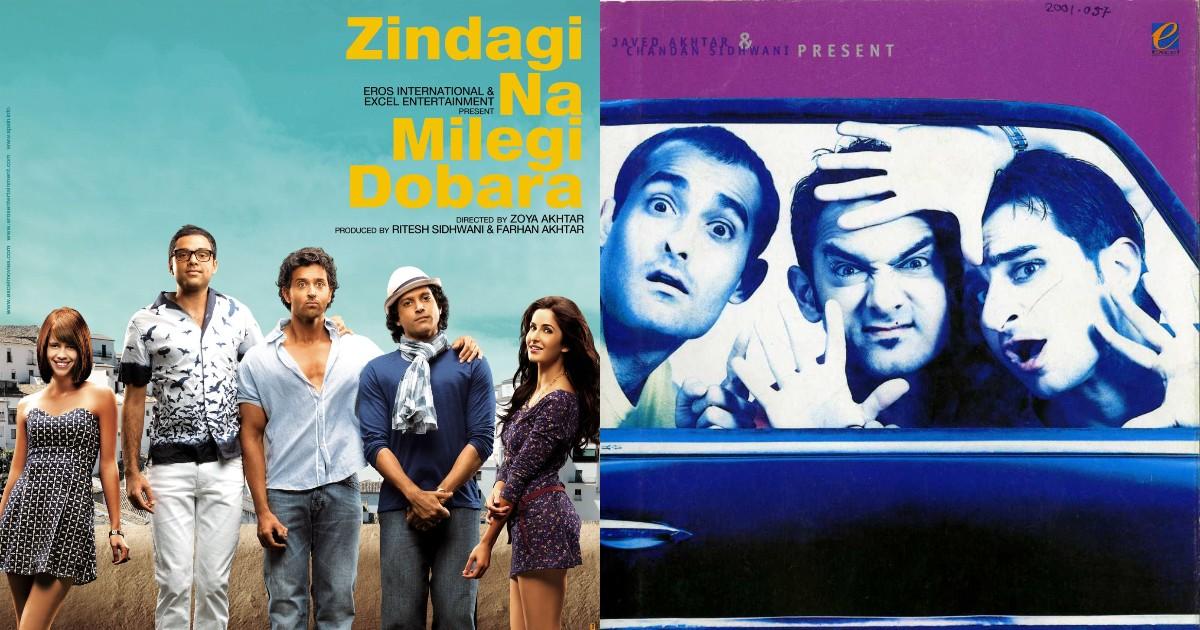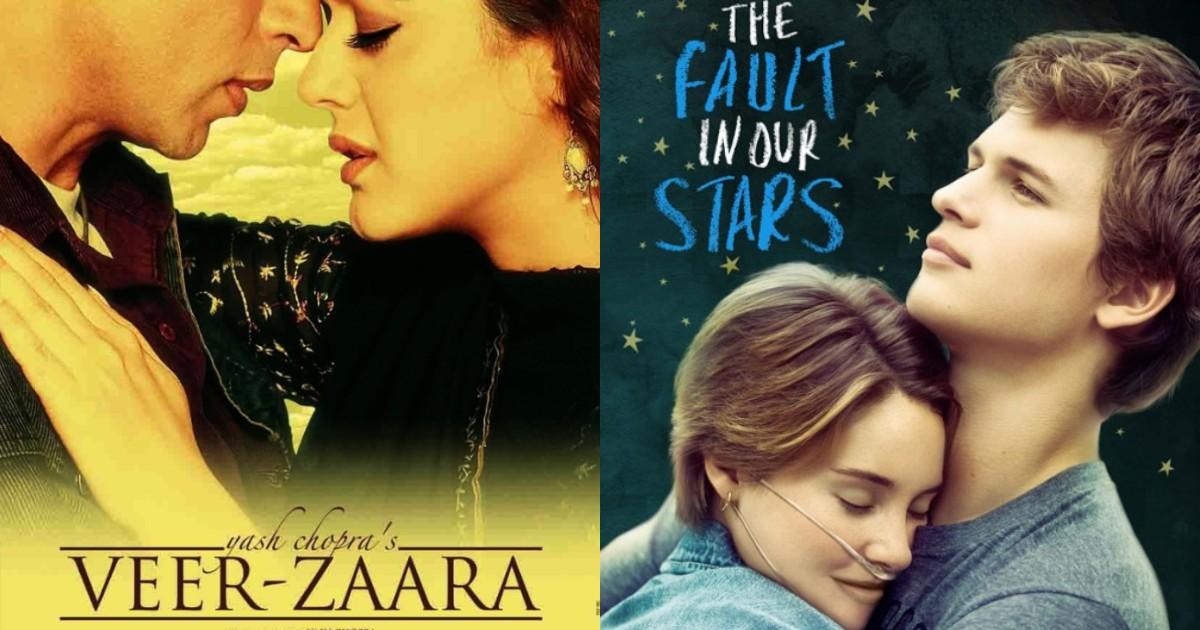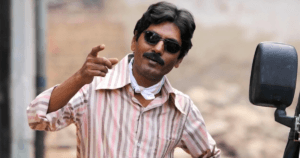Darlings released on the 5th of August on Netflix. The film seems to be receiving excellent reviews when it comes to the performances by its cast.
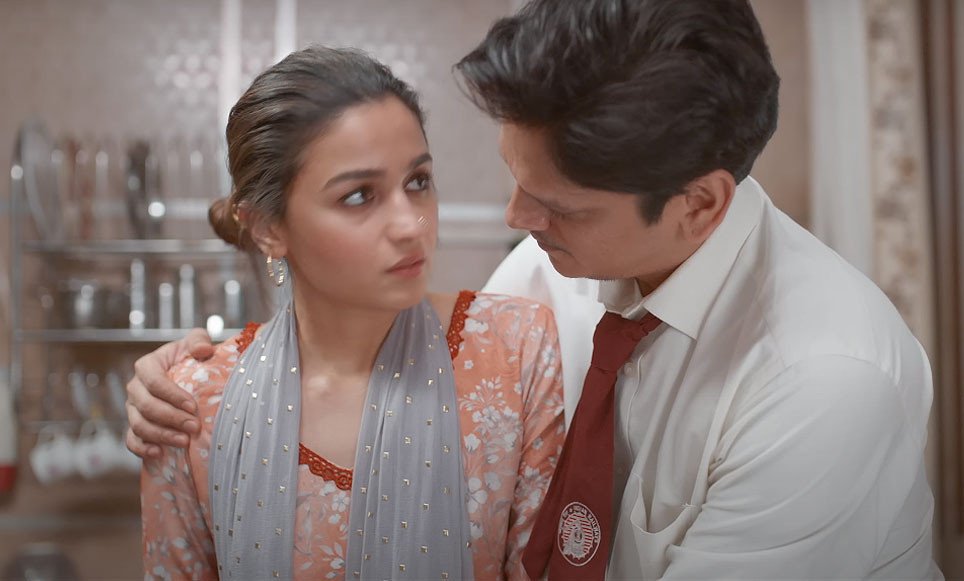
If we take a deeper look into the film’s dark narrative and humour, we can see that it is an astute and clever commentary on female rage. Something which is rarely talked about because it’s been shut down by patriarchy, since the beginning of time.
Anger is a natural emotion, everyone experiences it. But, men are either motivated to channel their anger towards their ambition and their financial success, or outright excused for expressing it. Whereas women are policed into suppressing it while being told that we’re ‘over-reacting.’ See the difference?
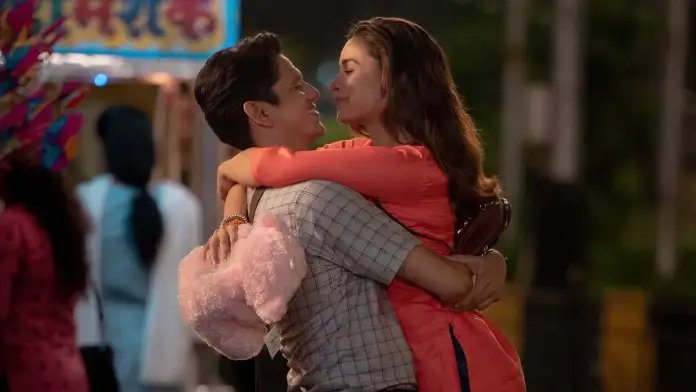
But her husband Humza was a selfish individual, who not only gaslit her at every chance he got, but also manipulated her by taking grave advantage of her emotions and the love she had for him.
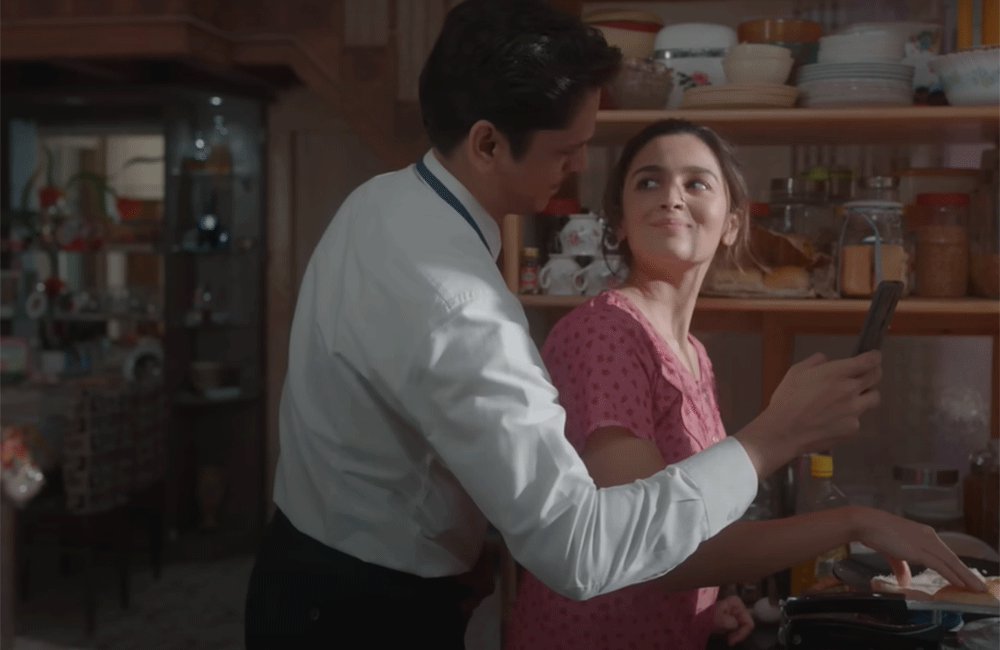
He apologized to her without ever genuinely changing his behavior or taking any accountability of how much he was devaluing her or hurting her. And told her everything she wanted to hear, including how he’d stop drinking and being violent once they have a child on the way.
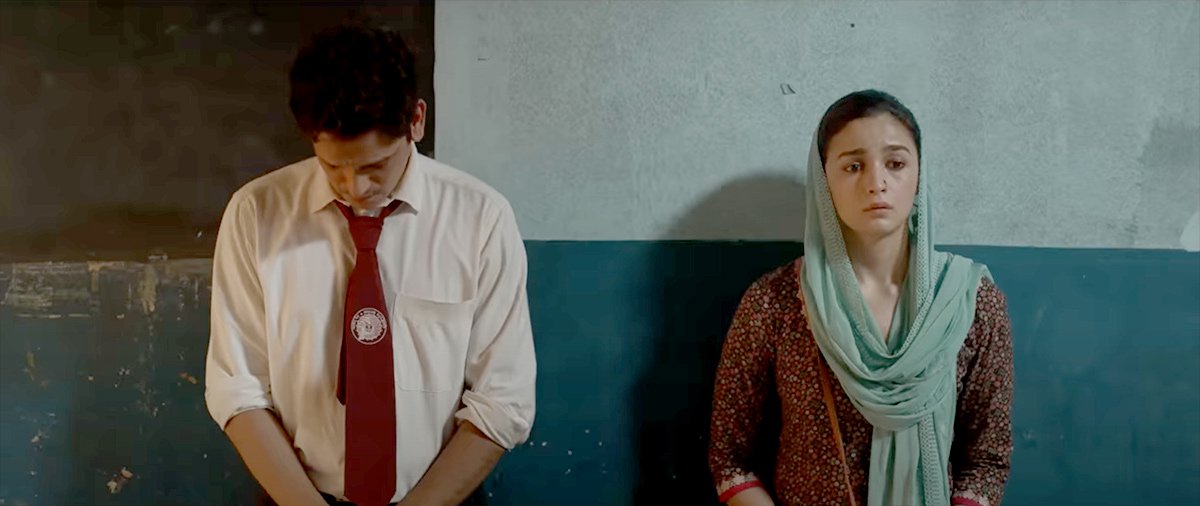
To be quite frank though, he said those things because he wanted to get out of being imprisoned for domestic violence. Or because he probably did not want to tell his wife Badru that he’d damaged his liver so much that he’d have to give up alcohol regardless.
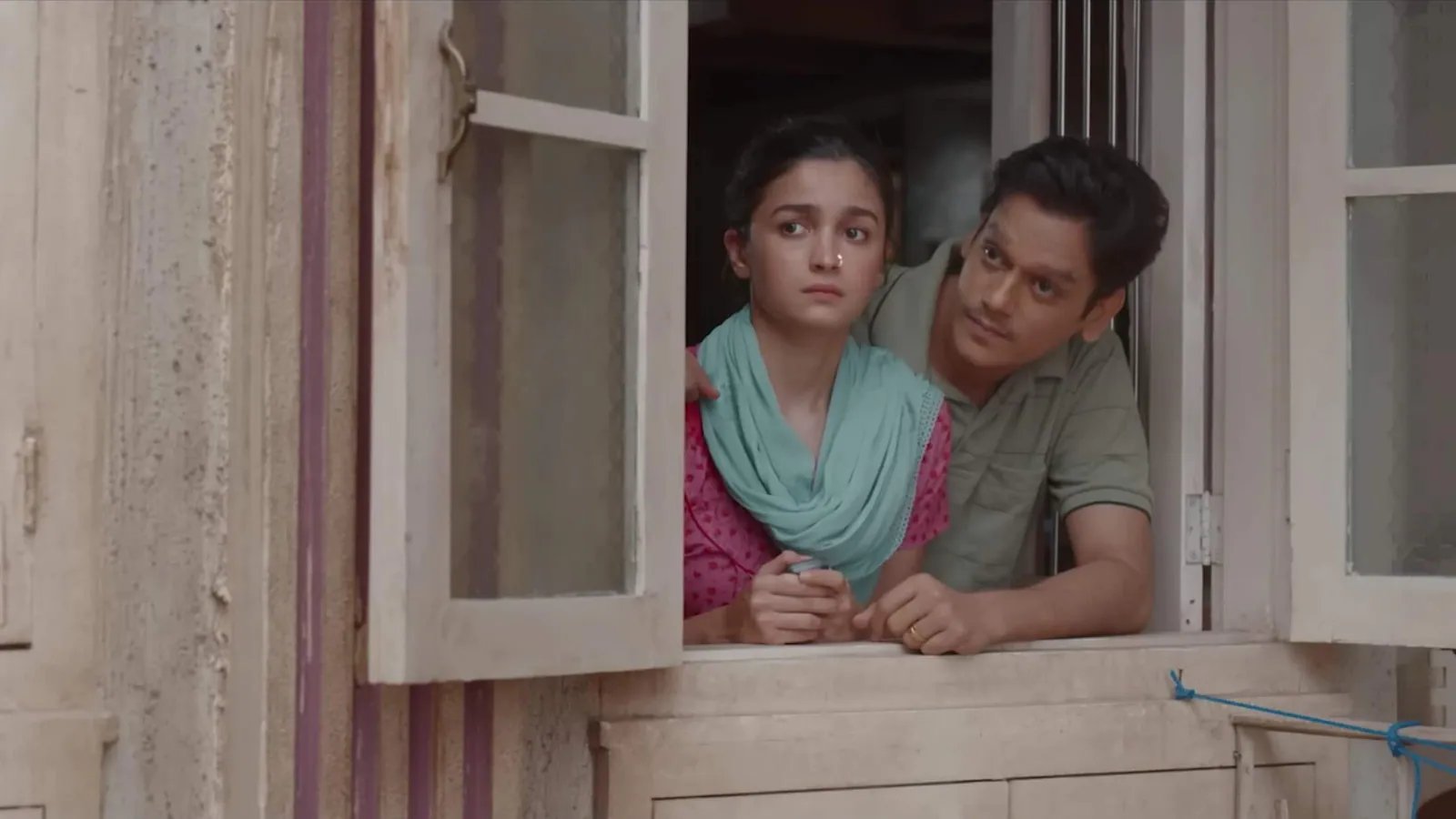
By the time he threw hands at her while she was pregnant with their child, and brutally pushed her down a flight of stairs because he THOUGHT she was cheating, I think we were all low-key waiting for him to combust into flames and simply disappear off of the face of this planet!
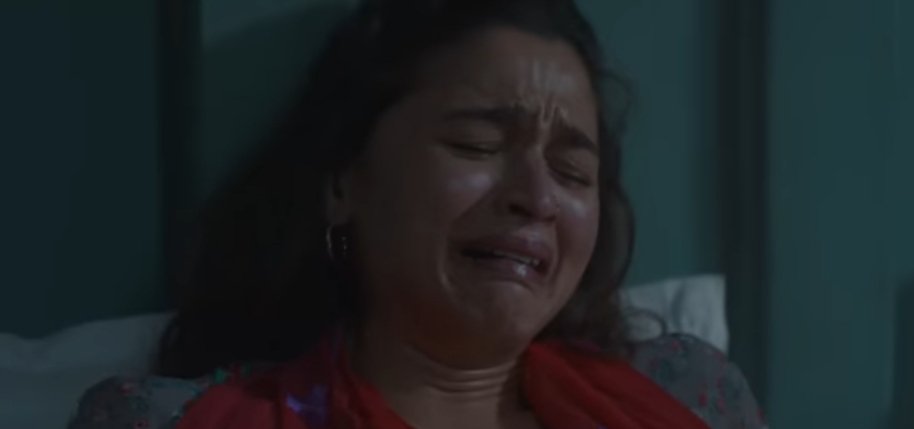
Towards the end of the film we find out that Badru’s mother had freed herself from an abusive marriage by killing her husband. And unfortunately, years later, Badrunissa finds herself in an eerily similar situation.
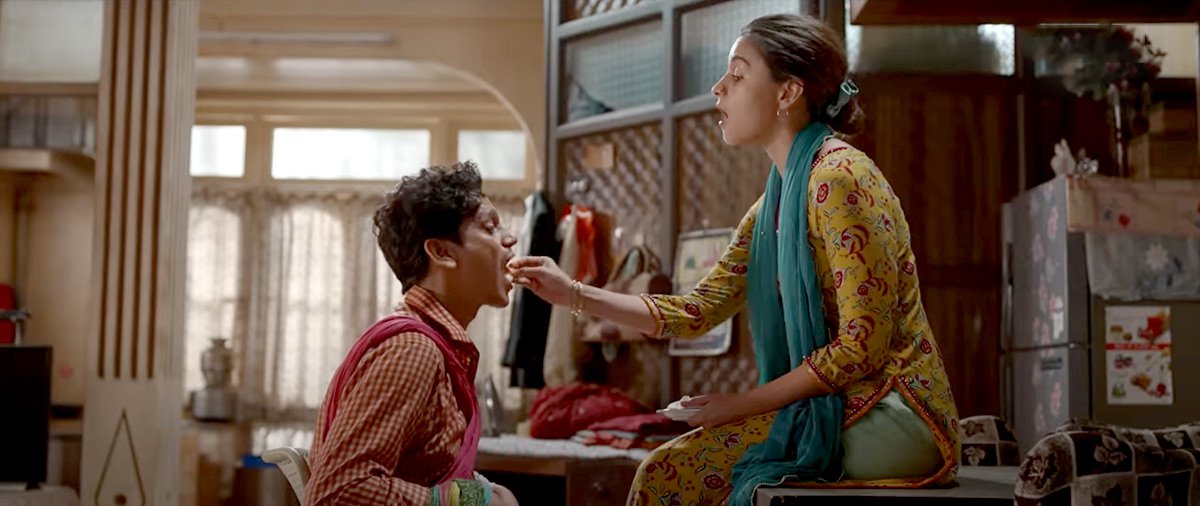
Who wouldn’t be angry about unjust treatment that has been following women around for hundreds of years? Why wouldn’t have Badru been angry about being repeatedly disrespected and abused by someone she just wanted to love?
How would Badrunissa have known she didn’t deserve to be lied to and abused, if she hadn’t reached a boiling point? And moreover, how would she have freed herself from the constant betrayal Humza was subjecting her to, if she hadn’t acknowledged that she was being mistreated?
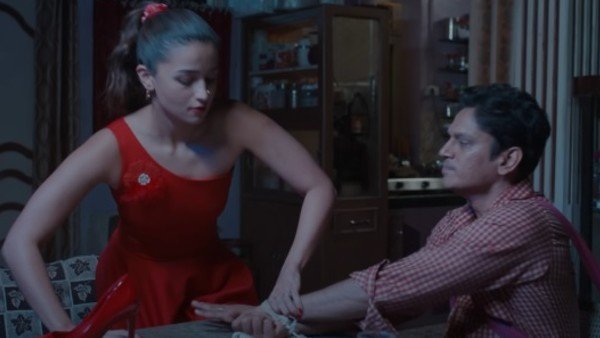
How in the world would Badru have found out that she is more than capable of watching movies all by herself without a romantic partner if she wouldn’t have gotten angry and decided to get out of her marriage?
Rage can lead to people being hurt, yes. But female rage is about defending, protecting and preserving oneself (and other women) from patriarchal abuse. It’s about knowing that when someone is harmful, hostile and abusive, you cannot stay passive, you’ve got to take actionable steps (even if they seem harsh) to take better care of yourself. Even if that means you have to strongarm your way out of a dangerous situation. And yes! Badrunissa was in fact in danger. She was in a life-threatening relationship, that she simply had to leave.
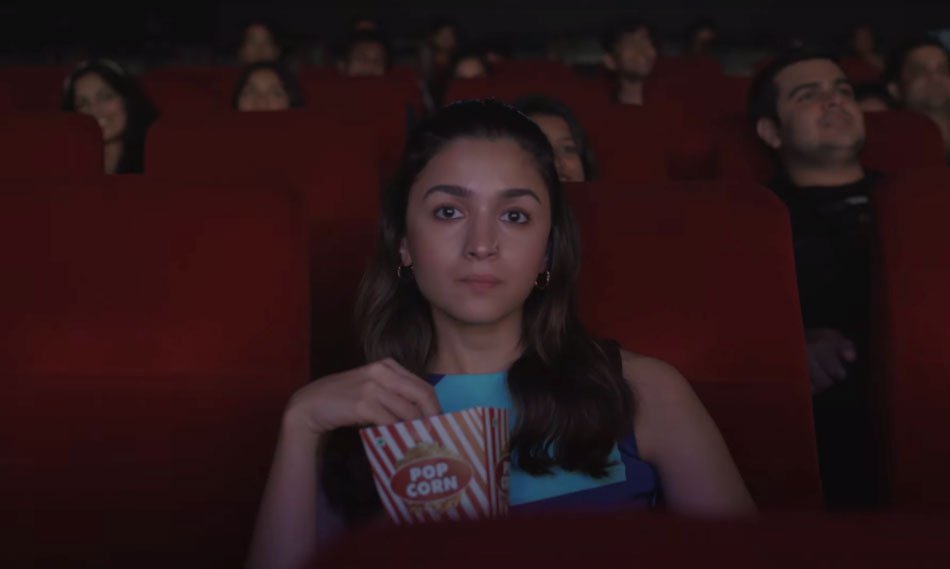
We need more films that discuss the idea of female rage, please. Let’s stop feeling the need to silence women just because our retaliation against patriarchy often comes with anger. Because, in most cases, that anger is justified.




